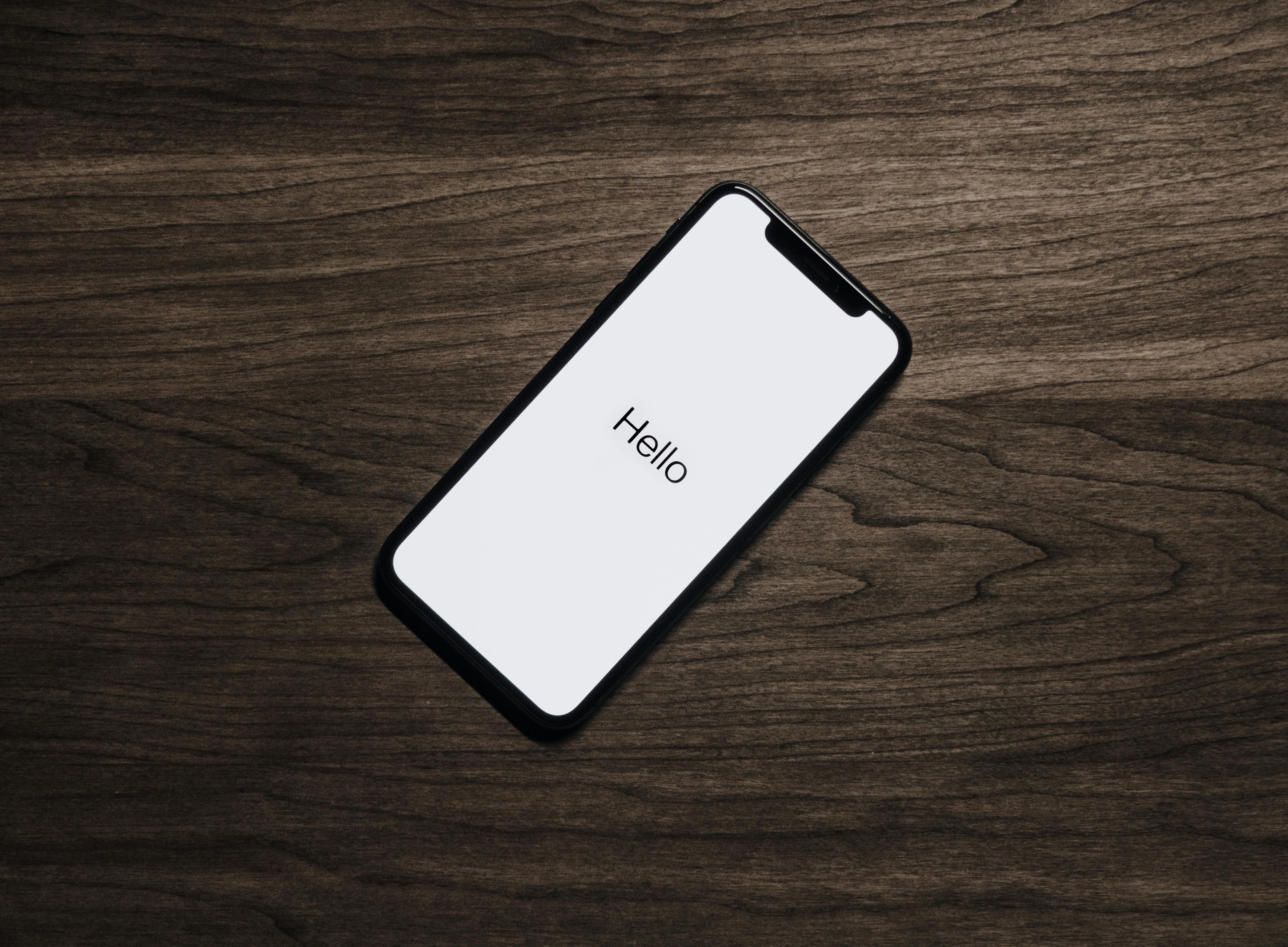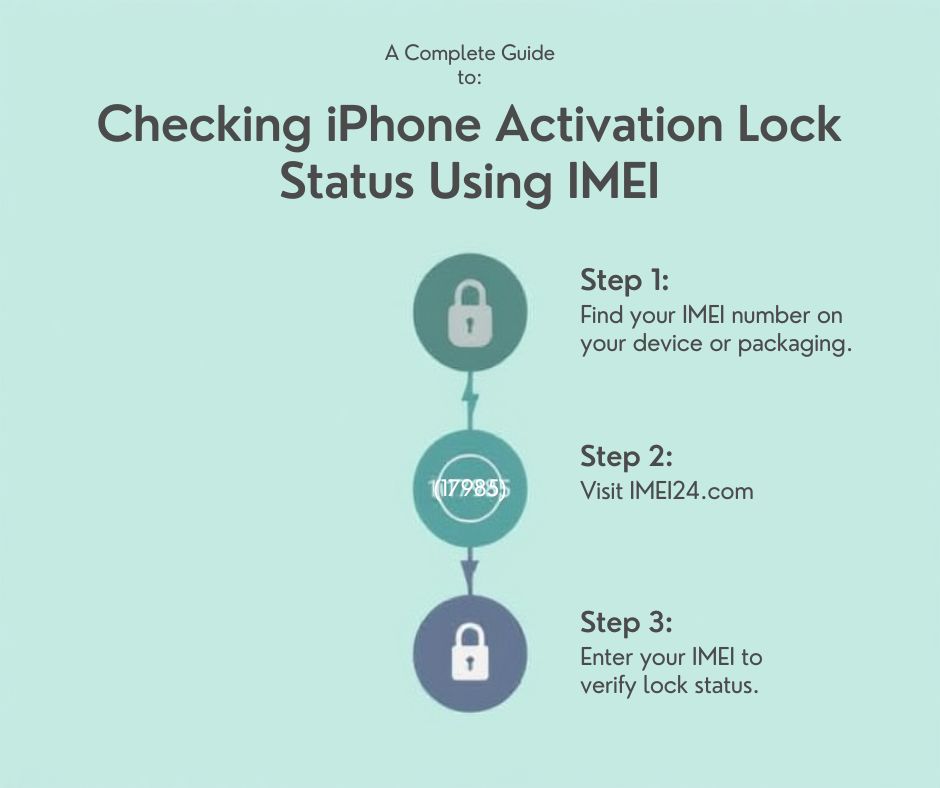The Hidden Dangers of Gambling on a Jailbroken or Rooted Phone

You might think rooting or jailbreaking your phone gives you control and perks. But once you strip away built-in defences, gambling apps on that device expose you to real danger. Millions worldwide use phones for crypto casinos and gaming platforms. A single compromise on a modified device can turn that entertainment into a gateway for cybercrime.
Mobile gambling expands across continents and is powered by smartphones and digital currencies. Casinos built on crypto now run games around the clock, drawing in global audiences.
But once a device is altered through rooting or jailbreaking, your exposure to fraud and data theft multiplies. On leading crypto casino sites, that exposure is no longer theoretical but backed by measurable risk.
Alarming Vulnerability Statistics
Rooted and jailbroken devices face far higher rates of attack than unmodified phones. A 2025 report by Zimperium found that compromised devices are 3.5 times more likely to suffer malware infections. CyberNews added that system compromise incidents are 250 times more frequent on these devices, while filesystem breaches can surge by a factor of 3,000.
According to Helpnetsecurity, only around 0.1 per cent of global devices are rooted or jailbroken, but the danger they represent is disproportionately large. Attackers target these phones because protections are missing, updates often fail and critical files are easier to access.
How Fraudulent Casino-Style Apps Exploit Weakness
Fraudulent apps can be a real problem if you bet on a modified phone. In 2023, the FBI advised that fraudsters directed victims to lose more than 42 million dollars using fake crypto apps, presenting the software to them as a legitimate trading or casino site.
On a rooted phone, these apps bypass permission controls and integrate more deeply into your system, making them harder to detect or remove.
Investigations across Asia, Europe and North America have uncovered dozens of counterfeit apps designed to mimic established casino brands. Once installed, they capture wallet keys, steal personal identity data and reroute transactions.
For anyone playing on mobile platforms, the presence of such clones illustrates the danger of combining gambling with weakened device security.
Privacy Risks That Go Beyond the Screen
Jailbreaking or rooting also undermines privacy. All smartphones contain specific identifiers, like IMEI numbers, which are usually kept under strict lock and key.
When security is removed, backdoor processes open up the identifiers to third parties. Without the controls, applications access more than they're designed to, including logs, configuration and background processing, leaving attackers a rich profile of the phone's use.
This is no theory. Security companies have chronicled how infected devices become part of larger networks to watch people.
Kaspersky researchers observed that malware on hacked Android devices tracked identifiers and associated them with particular online activity. While the identifiers are standard, beyond the basics, infected devices can potentially disclose patterns of app use, geolocation history and even stored Wi-Fi networks.
When disclosed, personal information like location, browsing habits and contacts is then potentially associated with gambling activity that you cannot undo.
Cybersecurity research demonstrates that ill-malware takes advantage of these gaps to track repeated behaviours, identify financial activity and even estimate devices’ most likely access time, all amplifying the likelihood that additional attacks happen.
Global Trends and Real-World Cases
According to Statista, the global online gambling market passed $90 billion in 2023, with mobile platforms accounting for more than half of that figure. Crypto gaming has been one of the fastest-growing verticals, bringing higher engagement and bigger risks.
Fraudulent apps are surging in regions with heavy mobile adoption. Techopedia reported in 2025 that mobile gambling fraud in parts of Asia exceeded 3 per cent of transactions.
Coinlaw documented that fake crypto apps globally stole $14.5 billion in 2024, a 23 per cent rise from the year before. Many of these cases involved apps downloaded onto rooted or jailbroken devices, which lacked safeguards that could have blocked the fraud.
These are not isolated incidents. The pattern is consistent in Southeast Asia to Latin America: once protections are disabled, mobile devices become prime hunting grounds for cybercriminals targeting gambling platforms.
You and the Bigger Picture
If you jailbreak or root your phone as part of your crypto gambling, you're giving attackers a foothold. The numbers don't lie: malware rates climb, system compromises mount and fake casino apps flourish under these circumstances.
The threat extends beyond the financial loss. It encompasses identity theft, long-term phone monitoring, access to your personal accounts without authorisation and erosion of your authority over your personal data. Each downloaded app, each connection established on the hacked phone, becomes an open door-access point for cybercriminals.
World facts prove that tempered devices are not only weaker theoretically; they are attacked in practice. Whether the issue concerns social networks, banks, messaging services or the most popular crypto casino platforms, the safety of your smartphone determines the degree to which you are open.
In mobile casinos, the genuine bet is not the game; it is the condition of your device and the invisible vulnerabilities that it possesses, which are usually attacked even before the moment when you understand that they exist.











